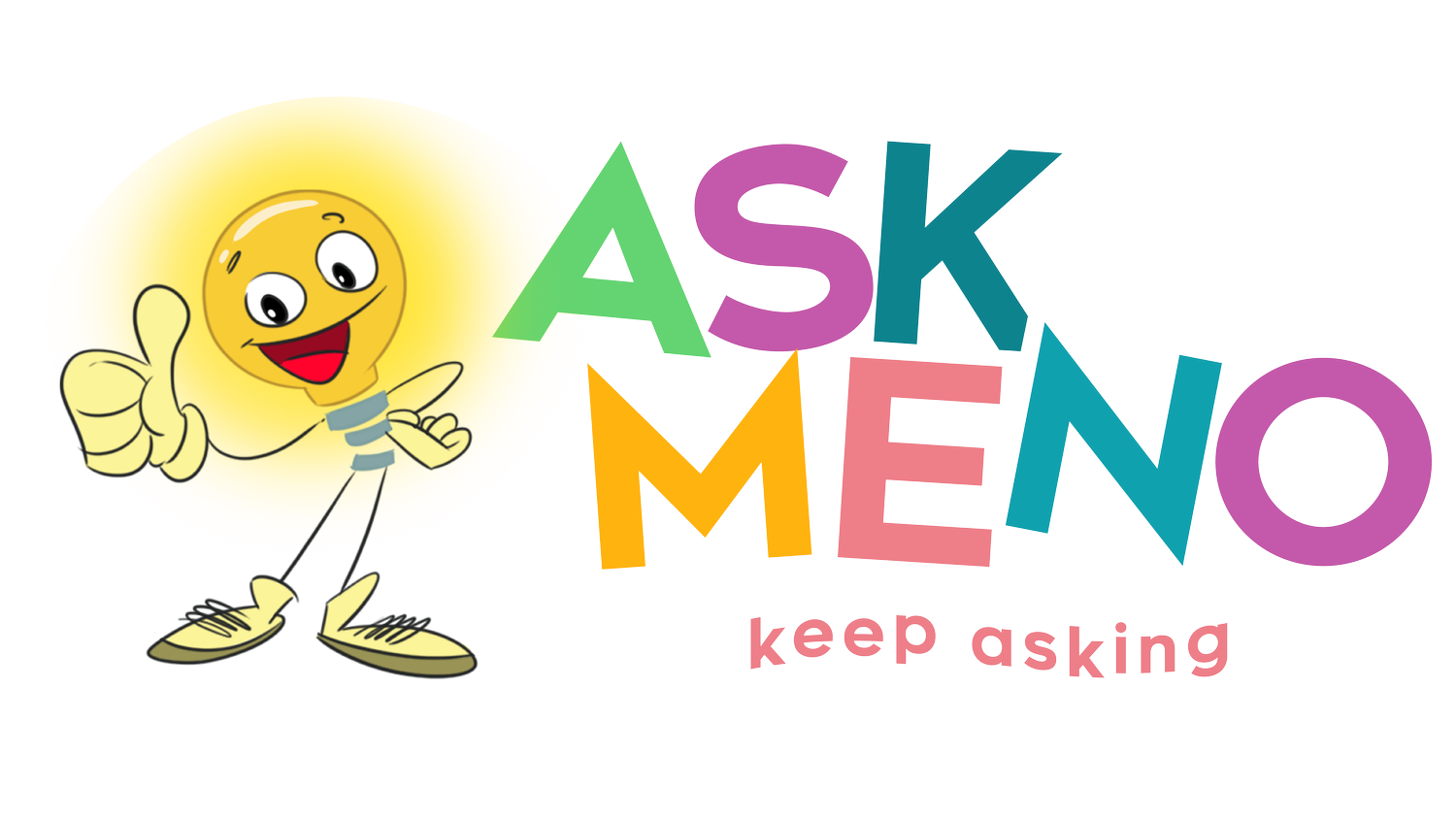English Language Learner Oral Language Development
ELL (English Language Learners) face a persistent achievement gap.
Early intervention starting in Pre-K is absolutely essential for closing that gap. These students need additional resources and support to help address patterns of disengagement and improve their class participation.
One way to address these needs is by explicitly teaching oral language skills, which despite being the foundation of literacy, are often overlooked in reading curricula and instruction.*
But if educators make oral language development a focus for their ELL students, outcomes improve dramatically. When veteran Kindergarten teacher Danette Greuser had a German-speaking ELL student in her class, she committed to developing her student’s oral language skills systematically and explicitly. She uses a whole-class activity made for VPK-1st grade students called AskMeno. In this activity, students get to ask a virtual character their own questions. The resulting conversation incorporates standards-aligned stories and academic vocabulary to improve verbal reasoning skills and build background knowledge.
ELL Oral Language Impact
The effect on her students' progress was a noticeable one: “The biggest progression that I saw was having the students go from just peer conversations to much more detailed academic conversations. And I am seeing it even more strongly illustrated this year.” —Danette Greuser
Watch the video of her experience below.
Sources:
*August, Diane and Timothy Shanahan. (2006). Executive Summary of Developing Literacy in Second-Language Learners: Report of the National Literacy Panel on Language-Minority Children and Youth.
Audio Transcript:
“I have a student who is from Germany and his family only speaks German at home, and they don't let him watch tv. The only English he gets is here at school. And so at the beginning of the year, you know, you have your typical [student], playing on the playground and having those kinds of conversations. And then he started paying more attention to the stories and interacting with George [AskMeno’s virtual character]. Now he raises his hand and wants to ask George questions, and he's participating in class. I've seen a real confidence in him as far as his ability to use the language and use it appropriately. And obviously learning the vocabulary that we have been introducing through this program in particular. So I think that's the biggest illustration I have seen of a successful progression of kindergarten conversations through more academic conversations that I was happily surprised to see my kindergartners having.”
Watch more videos like this here: https://www.askmeno.com/outcomes
About AskMeno
AskMeno is dedicated to helping early childhood leaders build the foundational oral language and social skills necessary for their young scholars’ reading comprehension and emotional wellbeing. AskMeno provides a play-based, teacher-facilitated supplemental curriculum that systematically and explicitly develops oral language and social skills through scaffolded, fun, and engaging learning activities.


